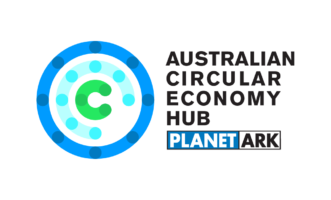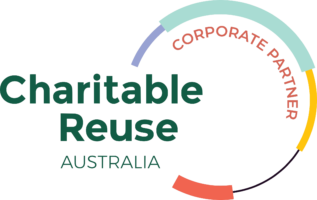WMAA Leadership’s Split Personalities
This year’s election for the top leadership positions at the Waste Management Association of Australia is shaping up as a referendum on the organisation’s future. One camp wants WMAA to step up and take a more active role leading debate. The other argues WMAA’s primary role as a place to foster best practice training and knowledge would be threatened if certain groups were alienated by controversial policy positions.
“The WMAA’s strength is that it is a broad church that promotes best practice across our industry. As a result, it is a credible partner for governments and regulators. To put this at risk by also lobbying doesn’t make sense to me,” argues VP candidate Max Spedding.
Presidential hopeful David Moy also argues WMAA’s key role is in its traditional fields of sharing information and driving professional development.
The other view, put forward by closely aligned presidential nominee Ron Wainberg and VP candidate Mike Ritchie, is that WMAA should be a place for frank and open debate of the issues, and a vehicle to then spread and advocate consensus views.
“I do not want to see WMAA devolve into a coffee club, while more and more sectional groups follow a trend to break away and pursue a particular agenda. A balanced viewpoint needs to be expressed, and that can only be achieved through unity,” says Wainberg.
Ritchie argues WMAA’s refusal to engage in key debates has seen it “ignored or bypassed” in vital areas of policy development. He says the association should “support the waste hierarchy and all it represents”. All candidates say they support the use of a range of waste management systems, appropriate for specific situations.
Result of the election will be announced at the WMAA AGM on April 21.



